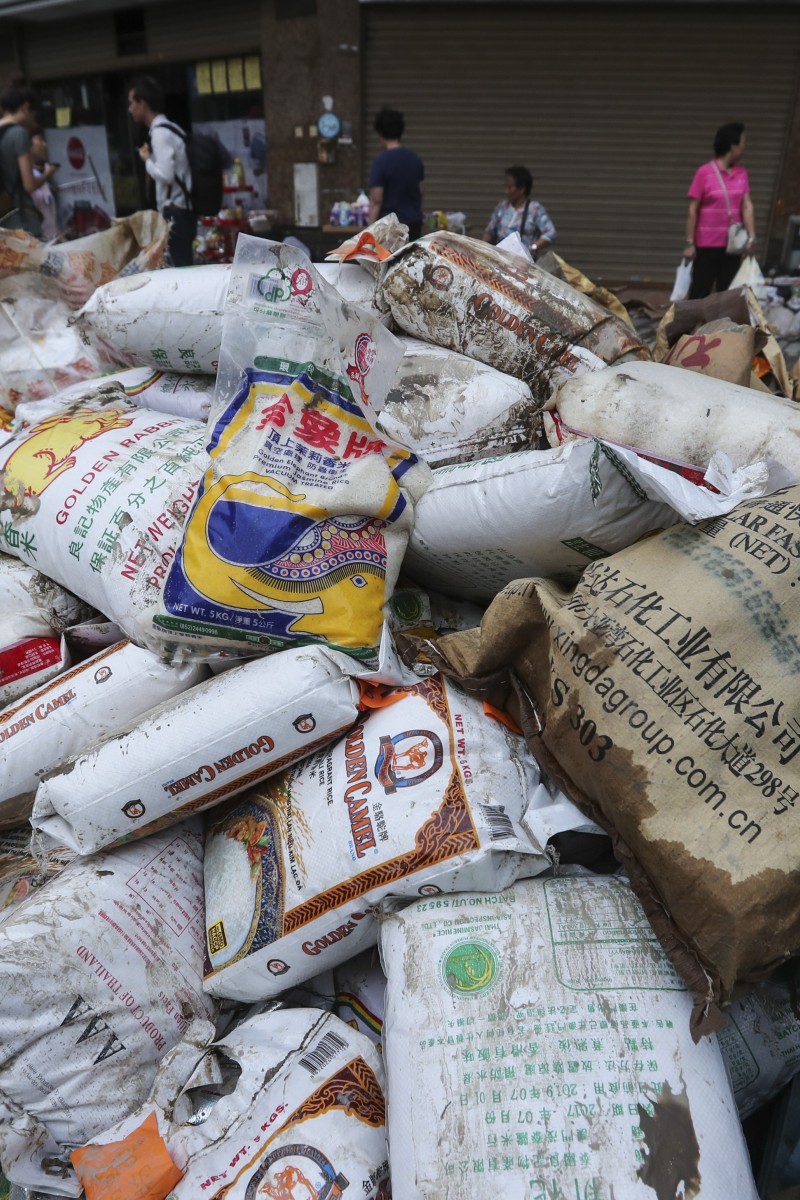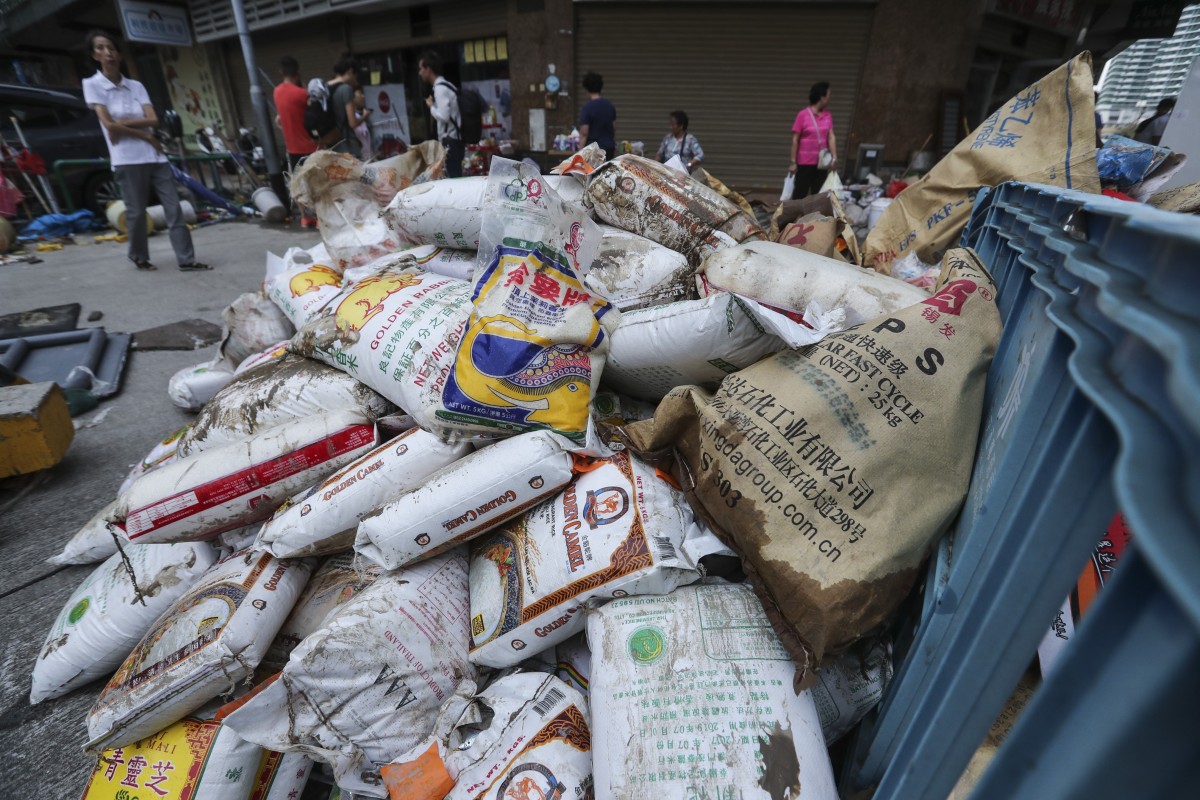
Despite what a lot of people think, Hong Kong is a far better city to live in than Macau
One look at how Macau ground to a standstill after Typhoon Hato hit it shows how our city is far superior to our sister SAR region

 Despite appearances, Hong Kong does something things better than Macau.
Despite appearances, Hong Kong does something things better than Macau.It seems to me lots of people in Hong Kong love Macau more than they love our own city. They think our sister SAR does everything better. But what makes them think that way?
One of the reasons for this way of thinking is Macau’s stability. The best thing in Macau, according to Hongkongers, is that its citizens are entitled to a lot of things – like cash handouts from the government. It’s also relatively free from politics. Petty political spats are seldom seen, and citizens enjoy a relatively peaceful life.
Sound good? Think again.
We all know what sort of damage occurred after Typhoon Hato struck Macau in August. How can we look at that, and still claim that it’s the better city? Despite a lower gross domestic product (GDP) per capita, Hong Kong is still the better.
Thanks to the photos and social media posts from Macau, we saw a city, one that wants to be one of Asia’s leaders in tourism, crippled. The streets were flooded. People became stranded in car parks. There were water shortages, and electrical outages. Why? Because people wrongly predicted how bad the typhoon would be, and if it would hit Macau, so the weather warnings were sent out too late to be effective. After the storm, officials did not take immediate action to clear debris from the streets, leaving locals to begin doing this themselves.
So, how did Macau end up in this situation? It doesn’t have a system to collect water or generate electricity, both of which it gets from the mainland. More than 90 per cent of the SAR region’s daily water gets pumped in from the Modaomen Channel in Zhuhai. Macao Water (the city’s water supply company) merely treats the water, before supplying it to households. The state-owned China Southern Power Grid is almost solely in charge of Macau’s electricity, and generates more than 90 per cent of the daily amount used.
You can see how the whole system collapses when that supply chain is stopped. Hato’s landfall in Zhuhai rendered damage to power cables, pipes and infrastructure. There was no way for Macau to get electricity, or water. Macau produces about 10 per cent of their own water and electricity – very clearly not enough for everyone.
This shows how much better a city Hong Kong is. We don’t hear of flooding during a typhoon in Wan Chai or Happy Valley, despite their being areas near the sea.
Why? Because of good planning and preparation. We have something called the Happy Valley Underground Stormwater Storage Scheme. We have an underground storage facility in the city capable of storing water needed for 24 swimming pools. It stores rainwater during a storm, which helps slow down the water flow to the lower streams, preventing flooding.
Hong Kong will still be able to function if the supply of essentials from the mainland is temporarily suspended. Yes, Hong Kong relies on Guangdong for most of its water, but if the supply can’t get to the city, then the reservoirs in our country parks can provide us with what we need for some time. We also have two local electric companies that can supply 77 per cent of what we need, preventing us from suffering blackouts.
And that’s why Macau is miles behind Hong Kong in terms of they being one of the region’s leaders in tourism. Never mind providing resources for tourists – the government ought to look at providing them for the citizens without fail first.
Edited by Ginny Wong
